Market Share
Micro VSAT Market Share Analysis
The Telemedicine system is a comprehensive solution that encompasses a hardware interface, software applications, and a communication channel, facilitating the exchange of information and enabling remote consultations between two geographically separated locations. This innovative approach plays a crucial role in transforming healthcare delivery, particularly in rural areas, by connecting healthcare providers and their patients to services available at distant locations, thereby promoting patient-centered healthcare.
Telehealth, a key component of the Telemedicine system, serves as a bridge that links rural providers with patients to remote healthcare services. The integration of telecommunication technologies is fundamental to the seamless functioning of telemedicine. Various terrestrial and satellite communication media are employed for connectivity, ensuring a reliable and efficient exchange of information. Among the essential elements of telemedicine, video conferencing stands out as a pivotal tool, enabling real-time interaction between participants.
The quality of a video conference is contingent on several factors, with the type of connectivity and available bandwidth playing a crucial role in determining its success. Video conferencing, essentially an interactive synchronous visual communication process, bears similarity to a traditional phone call but enhances communication by incorporating both video and audio components. The integration of Video Satellite Terminals (VSATs) adds another layer of efficiency to the telemedicine process.
A VSAT, a compact software-driven station equipped with an antenna typically ranging from 0.9 to 1.8 meters in length, serves as a critical component for data, video, or voice transmission via communication satellites. The ease of integration with computers or phones, support for common Ethernet and TCP/IP protocols, and the capability to send and receive signals from satellites make VSATs versatile tools in the telemedicine landscape. Notably, VSAT networks are particularly advantageous in reaching areas that are challenging to access or where traditional landlines are either prohibitively expensive, unavailable, or of subpar quality. This makes VSATs particularly well-suited for sparsely populated or geographically remote regions.
In terms of cost-effectiveness, VSAT networks present a compelling advantage. The implementation of a VSAT network typically incurs roughly half to one-third the cost of an equivalent Frame Relay network. Importantly, unlike terrestrial networks, the transmission costs associated with VSATs are not influenced by distance, time online, or the volume of data transmitted. This economic efficiency further enhances the viability of VSAT networks, making them a preferred choice for extending telemedicine services to areas with unique challenges.
In conclusion, the Telemedicine system, with its reliance on telehealth and innovative tools like VSATs, is revolutionizing healthcare delivery, especially in remote and underserved regions. The seamless integration of hardware, software, and effective communication channels enhances patient access to quality healthcare, overcoming geographical barriers and fostering a patient-centric approach. The cost-effectiveness and versatility of VSAT networks further contribute to the success of telemedicine initiatives, positioning them as invaluable tools in advancing healthcare accessibility and quality on a global scale.


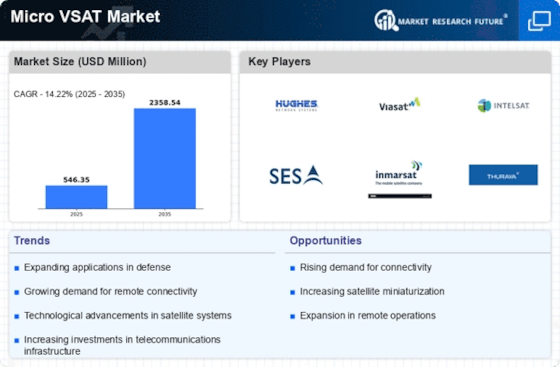

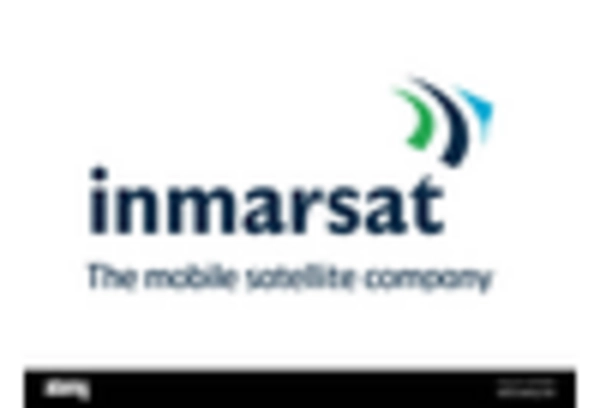
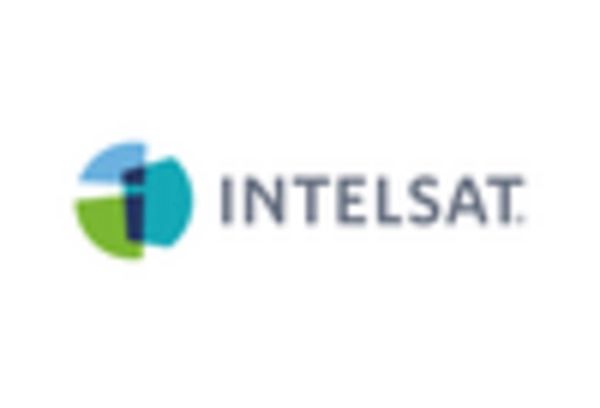
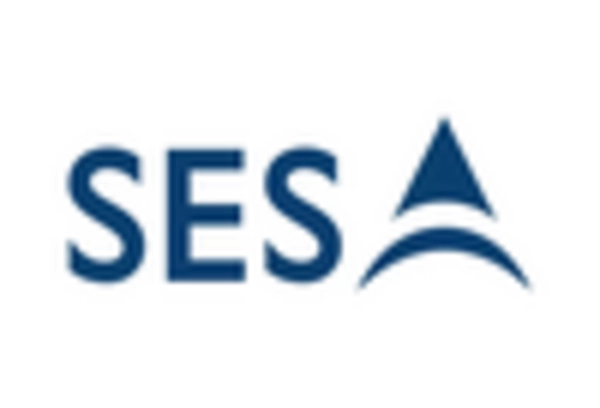
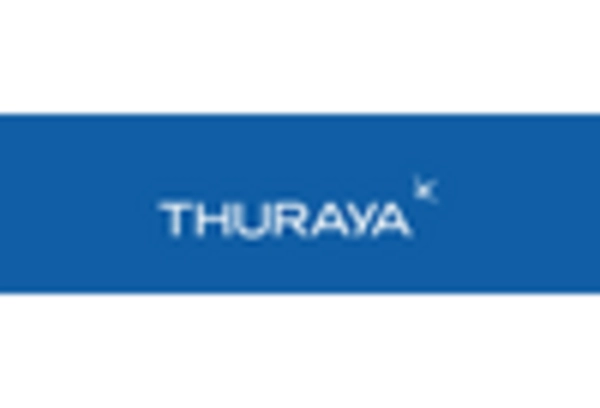
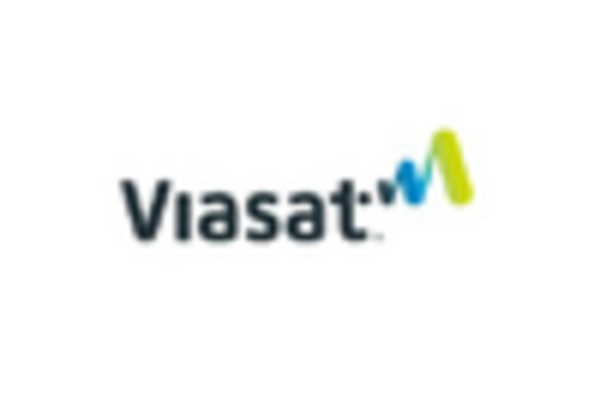










Leave a Comment